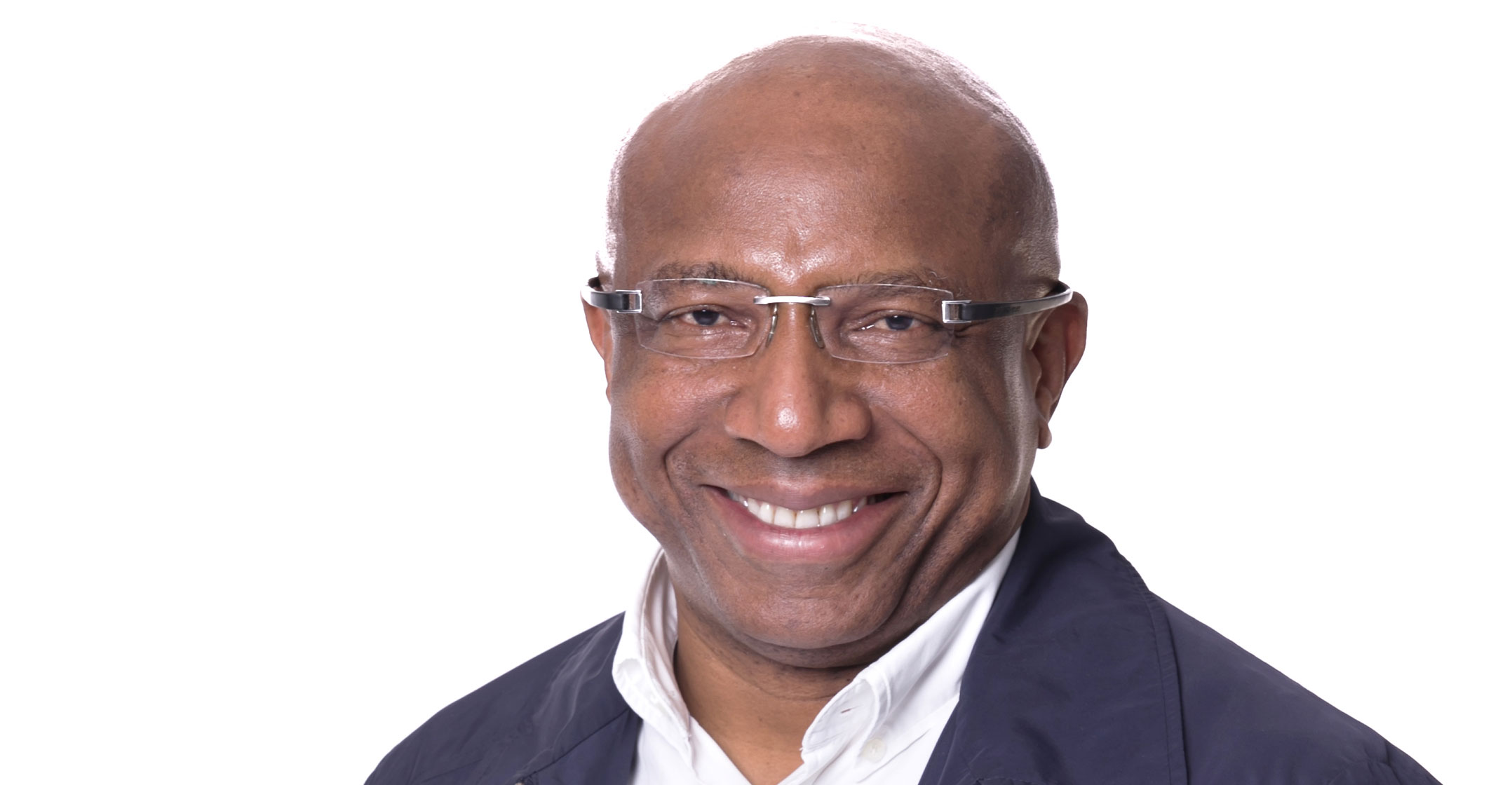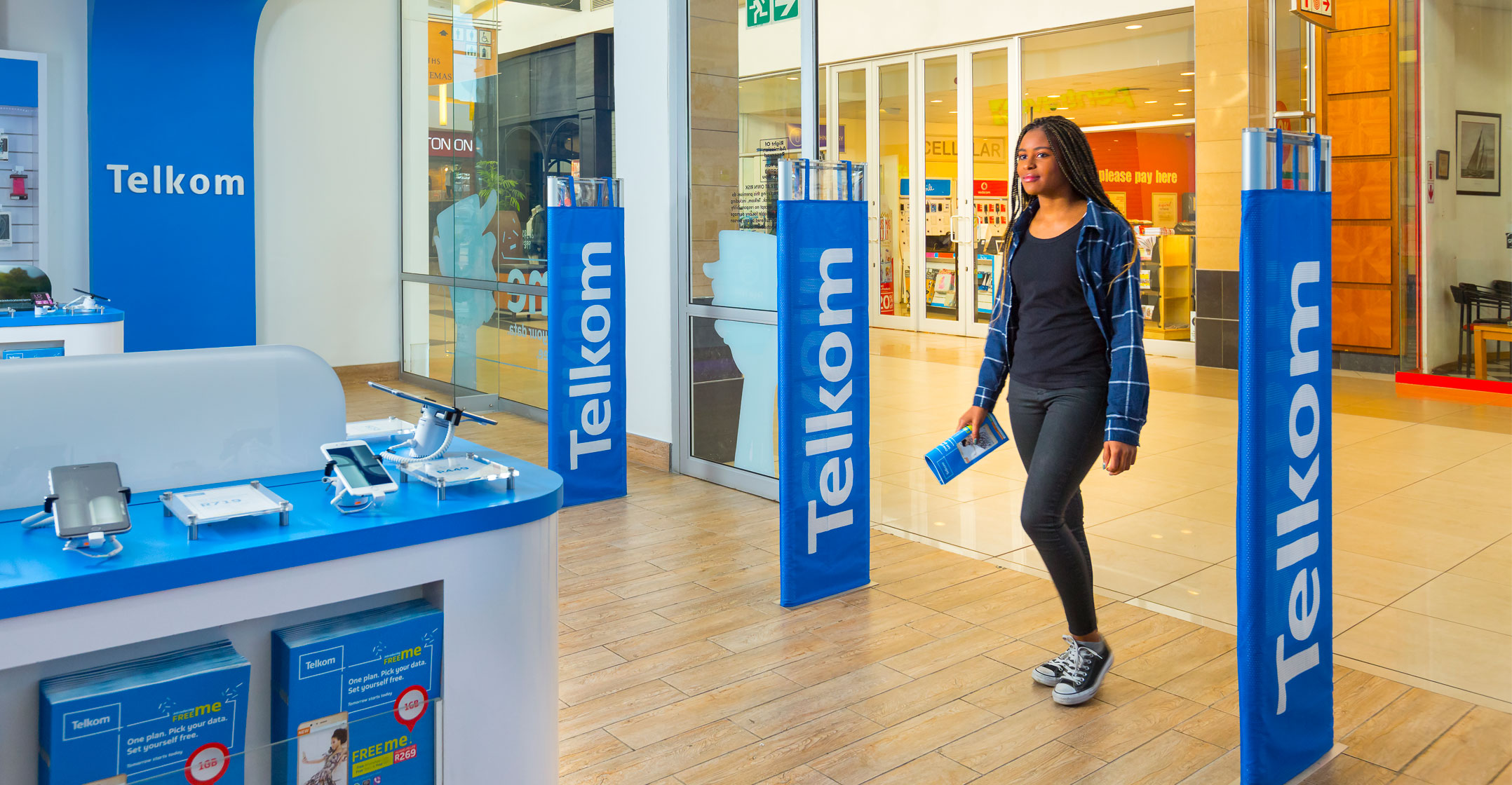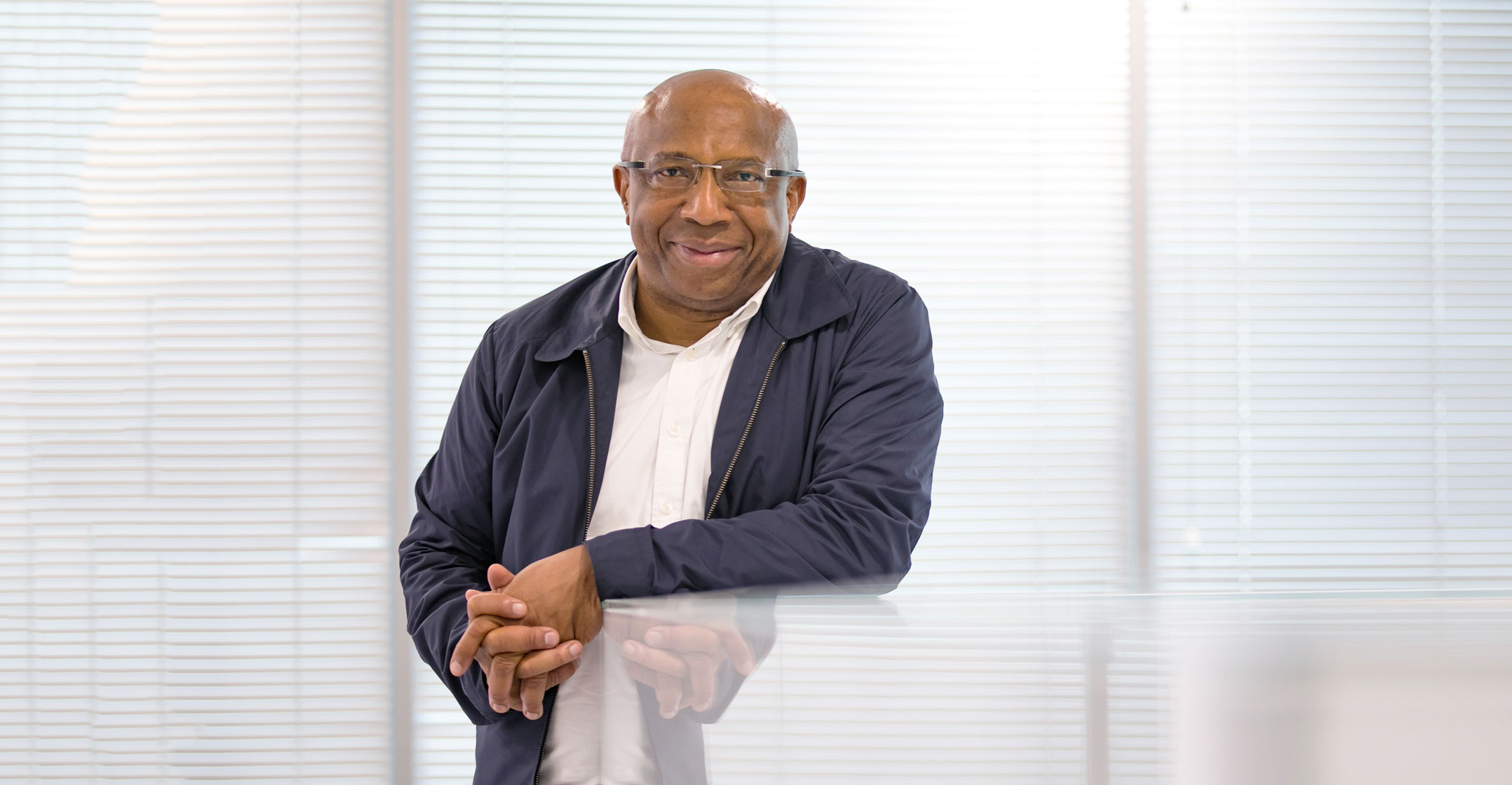
Telkom is open to reaching an out-of-court settlement with communications regulator Icasa over the spectrum auction, though little progress has been made in any talks.
That’s according to Sipho Maseko, Telkom’s CEO, who was speaking to TechCentral on Monday following the publication of the telecommunications group’s results for the year ended 31 March 2021.
Icasa, he said, wrote to Telkom to explore a settlement option; Telkom wrote back expressing support to work towards an out-of-court deal. “No much follow-up has happened since then,” Maseko said.
Telkom and e.tv secured an interdict against Icasa in early March, preventing the spectrum auction planned for later that month from taking place until the merits of their case could be heard by the high court.
In terms of the order, Icasa is interdicted from assessing or adjudicating any applications received under its invitation to apply to participate in the spectrum auction. At the same time, the court suspended the closing date for the submission of applications for the licence to operate a wholesale open-access network, or Woan.
Digital dividend
One of Telkom’s main arguments in its court application was that Icasa issued the invitations to apply knowing that the 700MHz and 800MHz bands – the so-called digital dividend bands used by analogue television broadcasters – were not yet available for use by telecoms operators. Despite this, Icasa pushed ahead with the licensing of the bands and would expect payment for them despite the inability by successful applicants to use them, Telkom group executive for regulatory affairs and government relations Siyabonga Mahlangu said in an interview with TechCentral at the time.
Telkom also challenged the ITAs on other grounds, including that Icasa “pre-empted the outcome of the mobile broadband services inquiry”, Mahlangu said, adding that Icasa’s design of the auction, as a result, would not promote optimal competition in the sector. “On the contrary, the way the auction is designed will result in competition being stifled and the entrenchment of the duopoly structure of the market.”
MTN South Africa has also subsequently taken Icasa to court, though over a narrower issue: concerns over how the regulator intends licensing access to the 3.5GHz band. MTN is worried that an “opt-in phase” in the auction process could exclude it from getting access in this important frequency band for 5G.
 What follows is an edited interview with Maseko about the (lack of) talks with Icasa as well as Telkom’s 5G roll-out plans; new, upcoming retail product offerings; plans to monetise its tower portfolio; the rapid decline of copper; and future retrenchment programmes.
What follows is an edited interview with Maseko about the (lack of) talks with Icasa as well as Telkom’s 5G roll-out plans; new, upcoming retail product offerings; plans to monetise its tower portfolio; the rapid decline of copper; and future retrenchment programmes.
TechCentral: Are you engaged with Icasa about an out of court settlement?
Sipho Maseko: We received communication from Icasa to explore an out-of-settlement option. We said we are amenable to that, but not much follow-up has happened since then. Incidentally, it (an out-of-court settlement) is something we proposed even before we launched the application. Once you go to the courts, you kind of lose control.
TC: What would you like to see happen?
SM: We need to agree on a few principles. Some of these are sacrosanct. We need to agree that competition is good and then figure out how we enable it. The second issue is around the availability of sub-1GHz spectrum for commercial use. It’s not available for commercial use. What does that mean in the context of the proposed auction process? These are not insurmountable principles. Believe it or not, we also want spectrum to be released and we want it to be released as quickly as possible. But this must not happen in a reckless way but in a way where the end-goal market structure is clear.
TC: Telkom’s data-led FreeMe plans have been very successful in growing Telkom’s market share. But they have been around for years. Do you need to shake up your mobile proposition?
SM: From a product and pricing approach at retail level, everyone has coalesced around where we are. One of the other operators even uses the icons we use — they put it in the same way. Everyone has kind of caught up, so we need to break away. There’s a couple of things that Serame and his team are working on that will introduce the right variety and the right price points. (Serame Taokobong is CEO of Telkom’s consumer business.)

TC: You mentioned you’re close to a deal to monetise your high sites. With MTN also looking to sell some of its South African tower portfolio, is the market not going to be flooded with towers?
SM: We have made substantial progress in this area. We wanted to get the financial results out of the way first. The markets have significantly improved, especially the listed equity market, which has thrown another option into play as to what is the best route for us to take. We are not doing a sale and leaseback in the classical sense. We want an aggregation platform in the public markets for tower players to converge around.
TC: Telkom has been through significant retrenchment programmes over the years. Is the pain almost over?
SM: I’m not yet where I wanted us to be by now. The advent of Covid complicated things a little bit. It was a very uncertain time for people, and you didn’t want to compound their anxiety. That naturally got us to slow down a bit (on the retrenchments). As the world settles, we will reassess the implications of working from home, build on the improved productivity we have seen with people working from home and ask, what does it mean in terms of our staff levels? But we will use a less blunt instrument to get to the optimal number. It’s mainly back-office staff and the corporate centre where we need to find the right structure without burdening the business with a lot of cost.
TC: You hinted at a 5G network roll-out in your presentation. What are your 5G deployment plans?
SM: The approach we will take is slightly different. We will be focusing on enterprise applications for 5G. We will partner with mining houses, port operators, motor assembly firms, etc, to roll out 5G networks to help them enhance productivity and improved efficiencies. We have done quite a lot ourselves in terms of 4G and 4.5G. For us to get to 5G is a hop, skip and a jump away. In our capex this year, there is a set-aside for pilot sites and for deployment in the big metros (for 5G).
TC: The number of copper lines in service has plunged another 20% in the past year. When will you have completely removed ADSL and copper from your network?
SM: When I started here eight years ago, fixed voice revenue was 67% or 68% of the total. Now it’s less than 15% and we’re still growing earnings and Ebitda (earnings before interest, tax, depreciation and amortisation), and improving free cash flow. The vagaries of what happens on the fixed copper side no longer have a material impact on the business. That said, I don’t think we’ll ever get to the point where the copper is totally gone. But the mix will be dominated by newer technologies. — © 2021 NewsCentral Media




